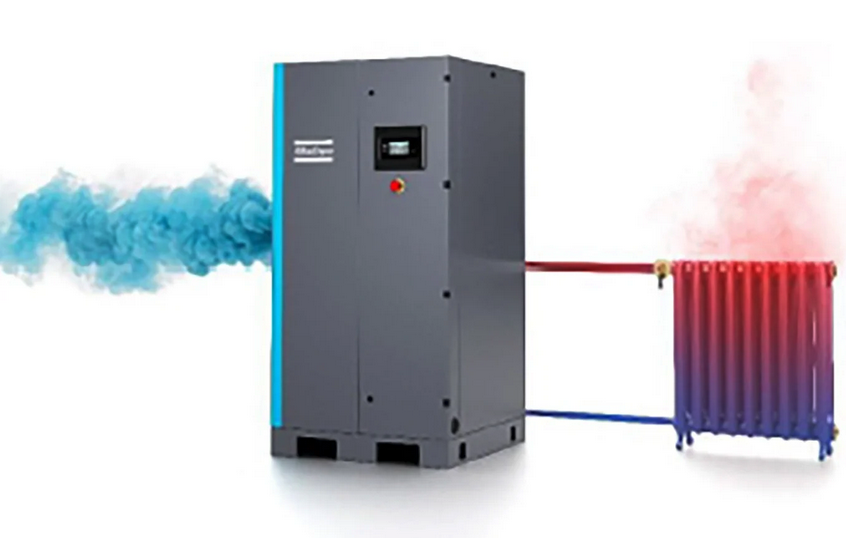Utilizing Compressor Waste Heat Recovery for Energy Efficiency
As sustainability and energy efficiency become increasingly important, industries are continuously seeking innovative ways to reduce waste and maximize resource utilization. One promising approach is compressor waste heat recovery, which not only boosts energy efficiency but also significantly reduces greenhouse gas emissions, contributing to the global fight against climate change.
What is Compressor Waste Heat Recovery? Compressors are widely used in various industries, such as food and beverage, automotive, and natural gas processing. These machines, however, are not entirely efficient, converting a significant portion of the electrical energy they consume into heat, which is often released into the environment as waste. Compressor waste heat recovery involves capturing this wasted heat and repurposing it for other useful applications.
How Waste Heat Recovery Works When a compressor operates, it compresses gas, increasing both its pressure and temperature. This process generates a substantial amount of heat, typically released through cooling systems like radiators or cooling towers. Instead of letting this heat escape into the atmosphere, a waste heat recovery system captures it using heat exchangers. The captured heat is then transferred to other processes that require thermal energy.
Applications of Recovered Heat
Space Heating: Recovered heat can warm buildings or industrial spaces, reducing the need for additional heating systems.
Water Heating: Industries can use waste heat to heat water for processes such as cleaning, sanitization, or even for use in employee facilities.
Process Heating: Many industrial processes require heat. Recovered heat can serve these needs, improving overall process efficiency.
Benefits of Waste Heat Recovery
Energy Efficiency: Reclaiming and reusing waste heat significantly reduces overall energy consumption, leading to cost savings and improved efficiency.
Environmental Impact: Lowering reliance on traditional heating sources reduces greenhouse gas emissions, supporting environmental conservation efforts.
Cost Savings: Reduced energy consumption translates to lower utility bills and operational costs. Over time, the savings can offset the initial investment in heat recovery systems.
Enhanced Sustainability: Implementing waste heat recovery systems demonstrates a commitment to sustainable practices, enhancing a company's reputation and appeal to environmentally conscious consumers and stakeholders.
Compressor waste heat recovery represents a significant opportunity for industries to enhance energy efficiency, reduce environmental impact, and achieve substantial cost savings. As the global community continues to prioritize sustainability, adopting such innovative energy solutions will undoubtedly play a crucial role in building a more sustainable future.
By investing in compressor waste heat recovery systems, businesses can improve their bottom line while contributing to a greener, more sustainable planet. The potential benefits are immense, making it a win-win solution for both industry and the environment.

